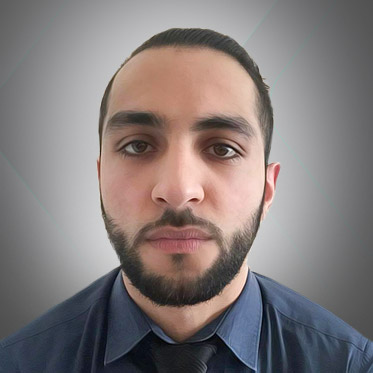New US administration will maintain Kurdish relations: Former Ambassador
WASHINGTON, DC, United States (Kurdistan24) – A former United States Ambassador to Turkey said the new US administration had plans for maintaining good relations with Kurds.
W. Robert Pearson, the former US Ambassador to Turkey, spoke to Kurdistan24 about the new US government’s foreign policy goals in the Middle East as well as the conflict in Turkey with its Kurdish population.
Pearson stated the new administration under President-elect Donald Trump would aim to strengthen the US’ position in the region.
“I think that we will see some attempt to toughen up the US stance in the region,” the former Ambassador said.
He also mentioned the US’ efforts in further developing relations with Kurds.
“I think that there is good interest in maintaining the relations with the Kurds that are already in existence,” Pearson told Kurdistan24.
Additionally, the former Ambassador explained the US may reach out to Turkey to see what “common areas” there are between the two countries especially with the war against the Islamic State in Syria.
“There’s going to be another genuine effort to try to reach out to Turkey and see what common areas there are with Turkey in cooperation with the war in Syria,” he revealed.
Pearson also discussed the US’ concern with the conflict between the Kurdistan Workers’ Party (PKK) and the Turkish government.
He mentioned the President of the Kurdistan Region Masoud Barzani had good relations with Ankara and may be able to encourage negotiations between the conflicting parties.
“The United States has worked hard to try to foster the idea of peaceful negotiations between Turkey and its Kurdish minority,” Pearson said.
“Mr. Barzani has good relations with Ankara, and I think it would be very helpful if he could use those good relations to try to begin to bring parties together,” he concluded.
(Rahim Rashidi conducted the interview in Washington, DC)
